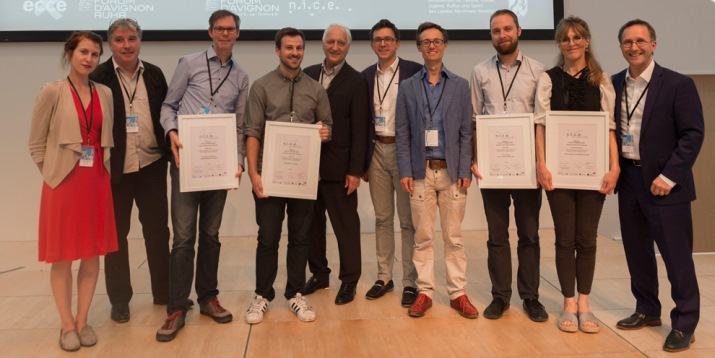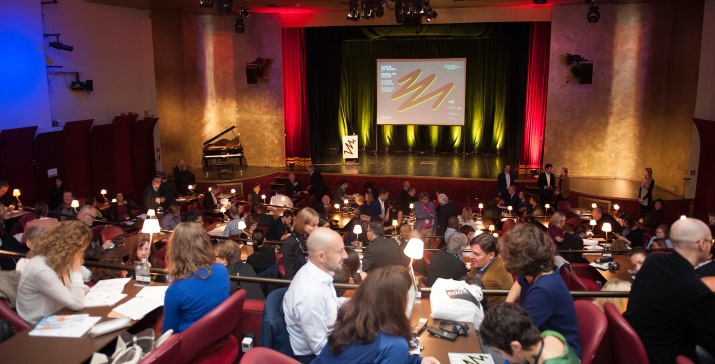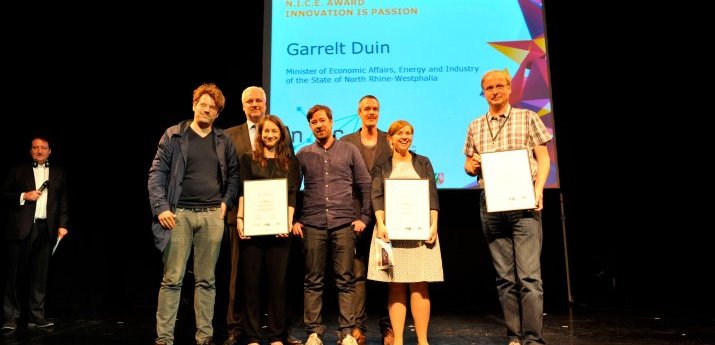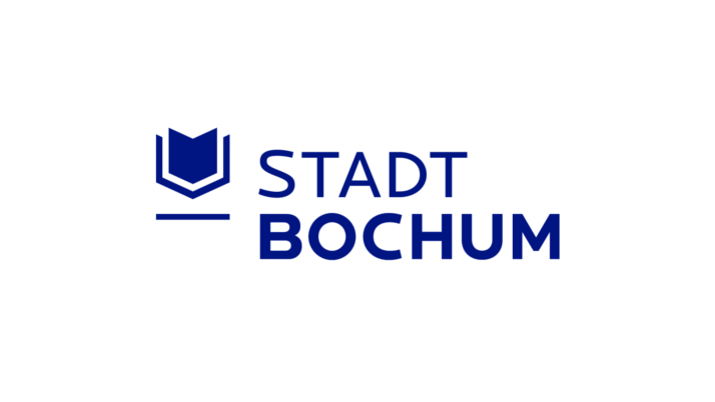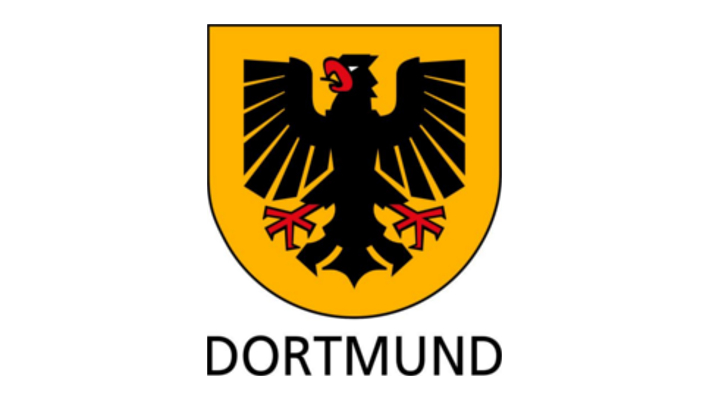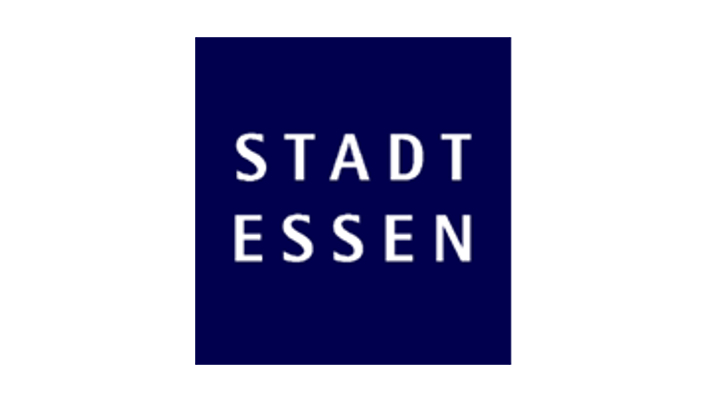
Eine inklusive Gesellschaft gestalten: Innovative Projekte aus fünf Nationen mit dem NICE Award 2017 ausgezeichnet
„Creating an Inclusive World – A Call for Transformative Innovations” – unter diesem Motto waren 110 Bewerbungen aus 23 Ländern für den europäischen Innovationspreis NICE Award 2017 eingegangen. Die unabhängige Jury unter dem Vorsitz von Anne Stenros, Chief Innovation Officer der Stadt Helsinki, tagte am 6. September und wählte die fünf GewinnerInnen aus fünf Nationen nach persönlichen Gesprächen mit allen Nominierten aus.
Der erste Platz (8000 Euro) wurde an das Projekt „Urbanatix“ aus Bochum vergeben, das junge Menschen nicht nur in eine professionelle Show einbindet, sondern auch in einem Trainingszentrum den Leitspruch „each one teach one“ verfolgt. Christian Eggert wurde für seine Idee ausgezeichnet Jugend und Off-Kultur durch Urbanatix in der Gesellschaft zu integrieren und Jugendlichen eine berufliche Perspektive zu bieten.
5000 Euro gingen an den zweiten Platz, das Projekt „Makeright“ aus London, das Design Thinking im Gefängnis anwendet und hierfür eine skalierbare Methode entworfen hat. Über den dritten Platz und 4000 Euro konnten sich „Empower Parents“ aus Madrid freuen, die sich anhand von Museumsaktionen um die Inklusion von autistischen Kindern bemühen.
Einen „Special Prize for Responsability“ (3000 Euro) erhielt das TUMO Center for Creative Technologies aus Jerewan für ihr Anti-Korruptionsspiel “Next Generation: Tales of Neto”.
Mit dem undotierten „Impact“-Ehrenpreis für wurde das EU-Projekt „Europe by People“ der Amsterdamer Institution Pakhuis de Zwijger ausgezeichnet. Karl-Uwe Bütof, Abteilungsleiter im Ministerium für Wirtschaft, Innovation, Digitalisierung und Energie des Landes Nordrhein-Westfalen überreichte die Urkunde dem Direktor Egbert Fransen.





















